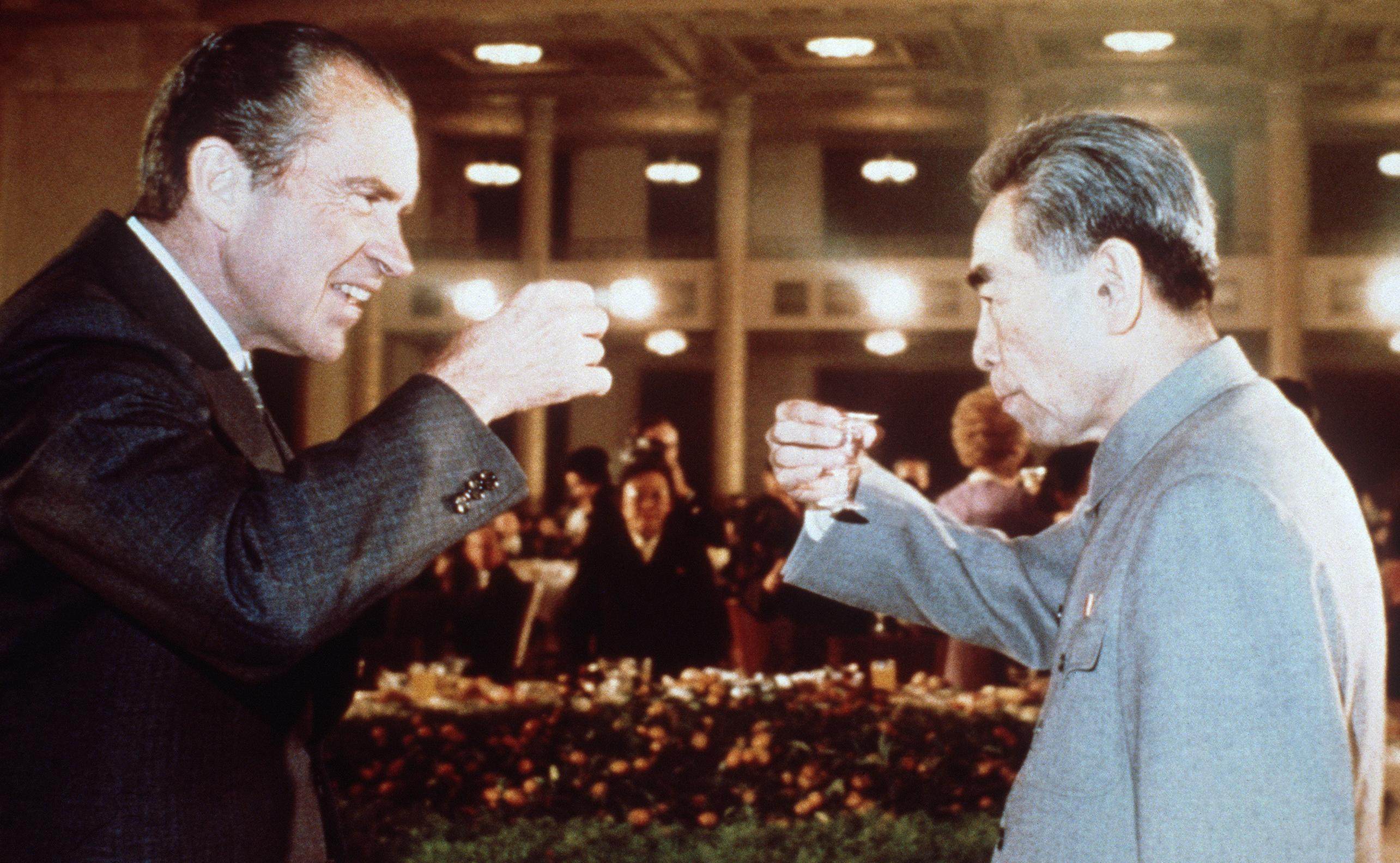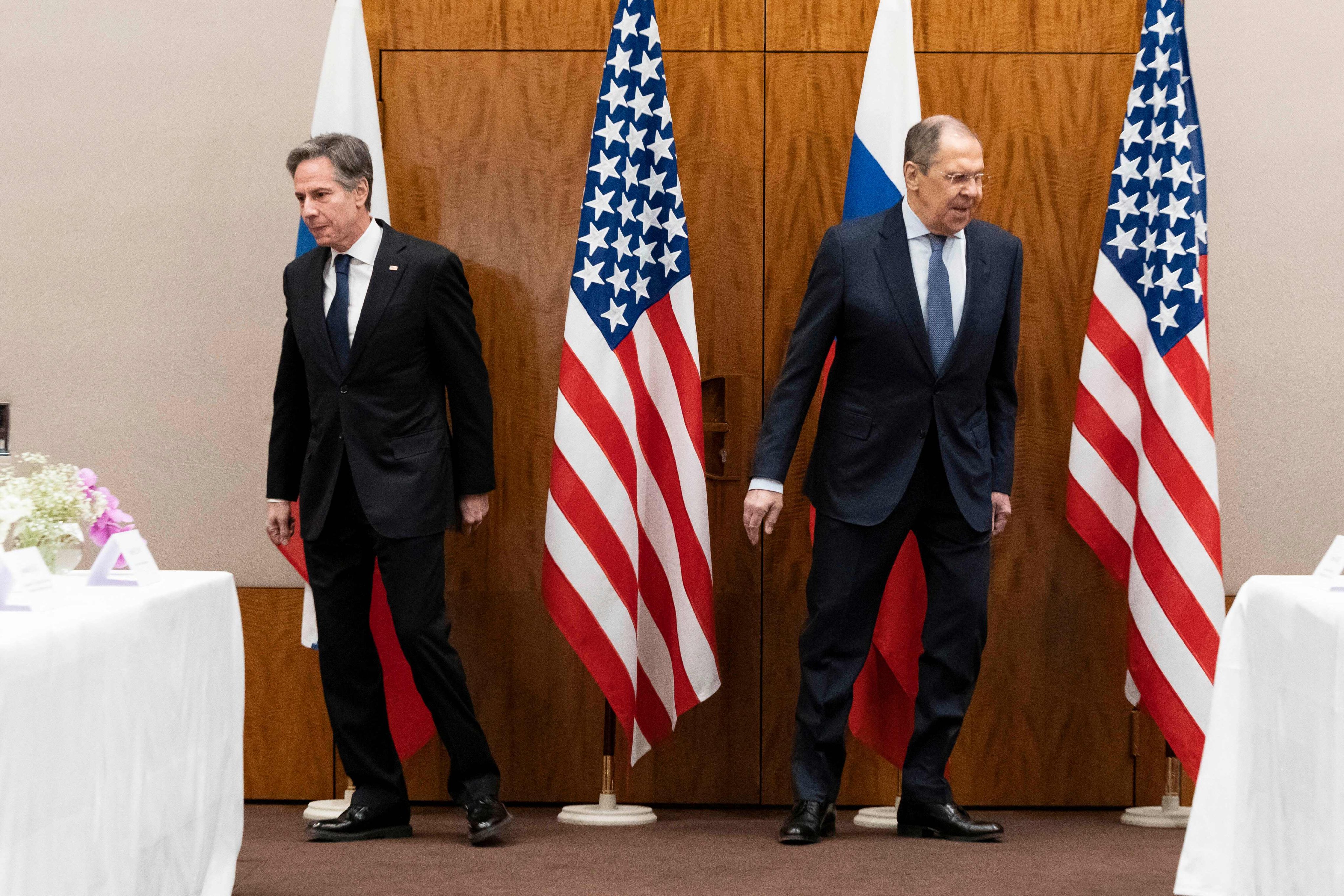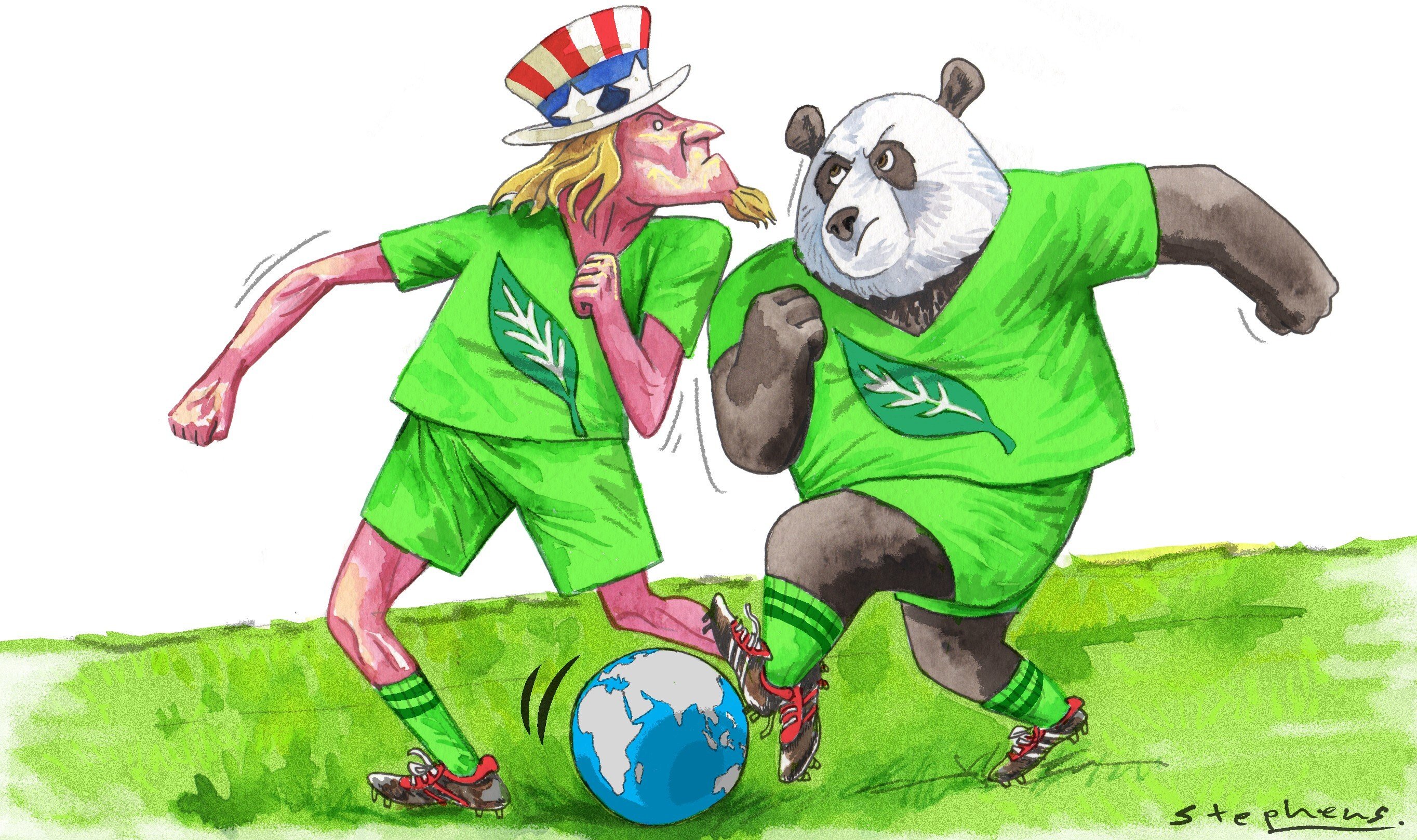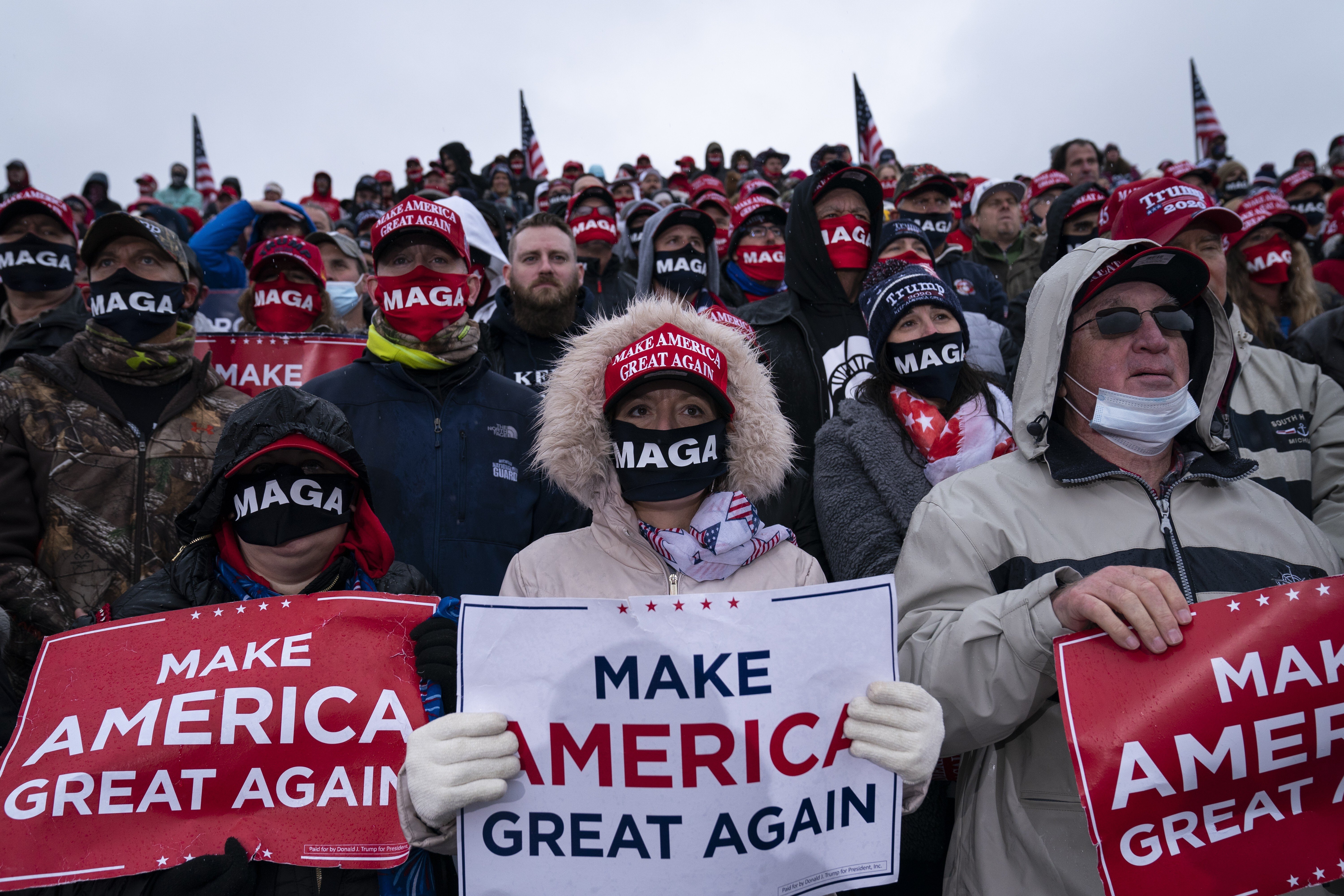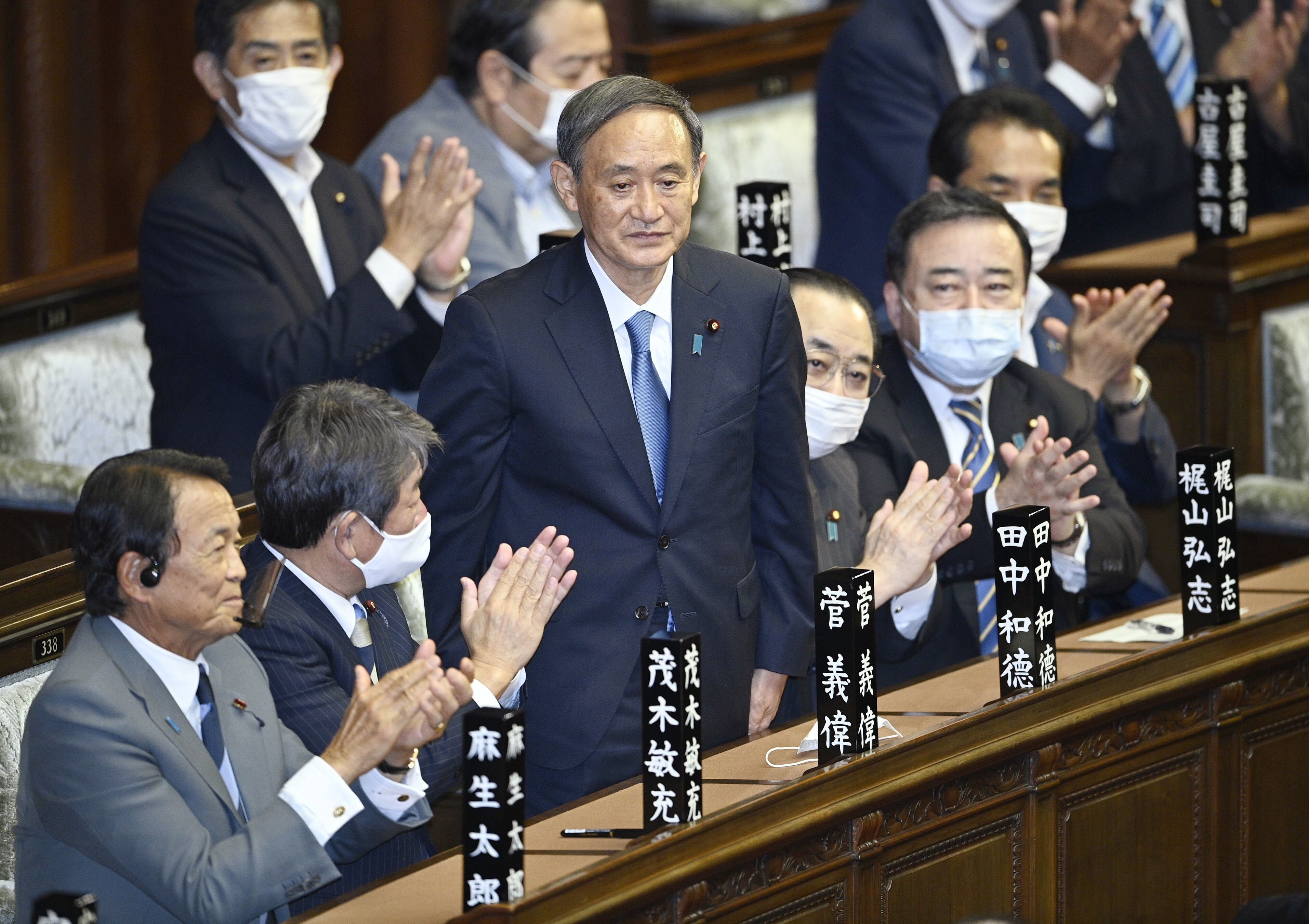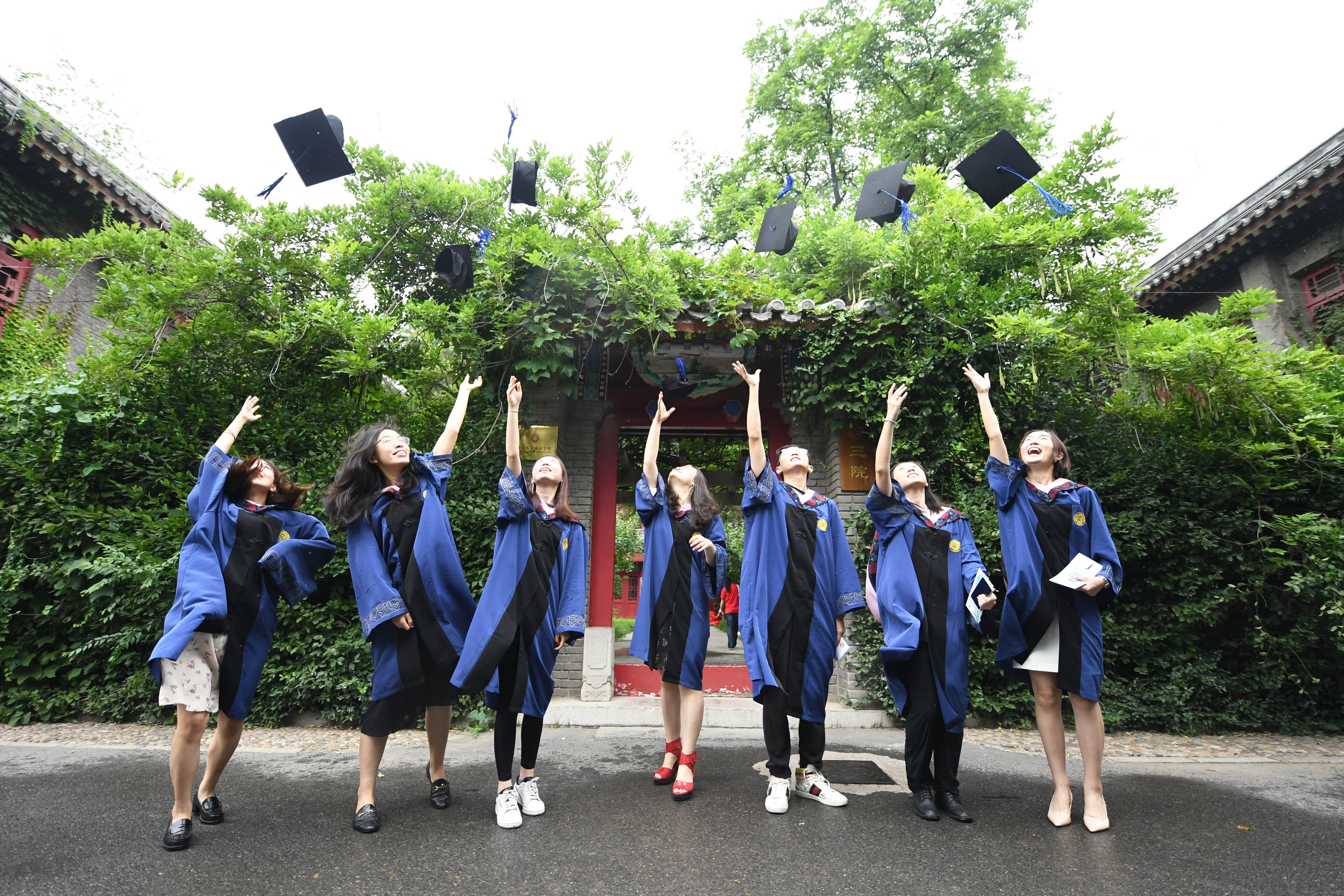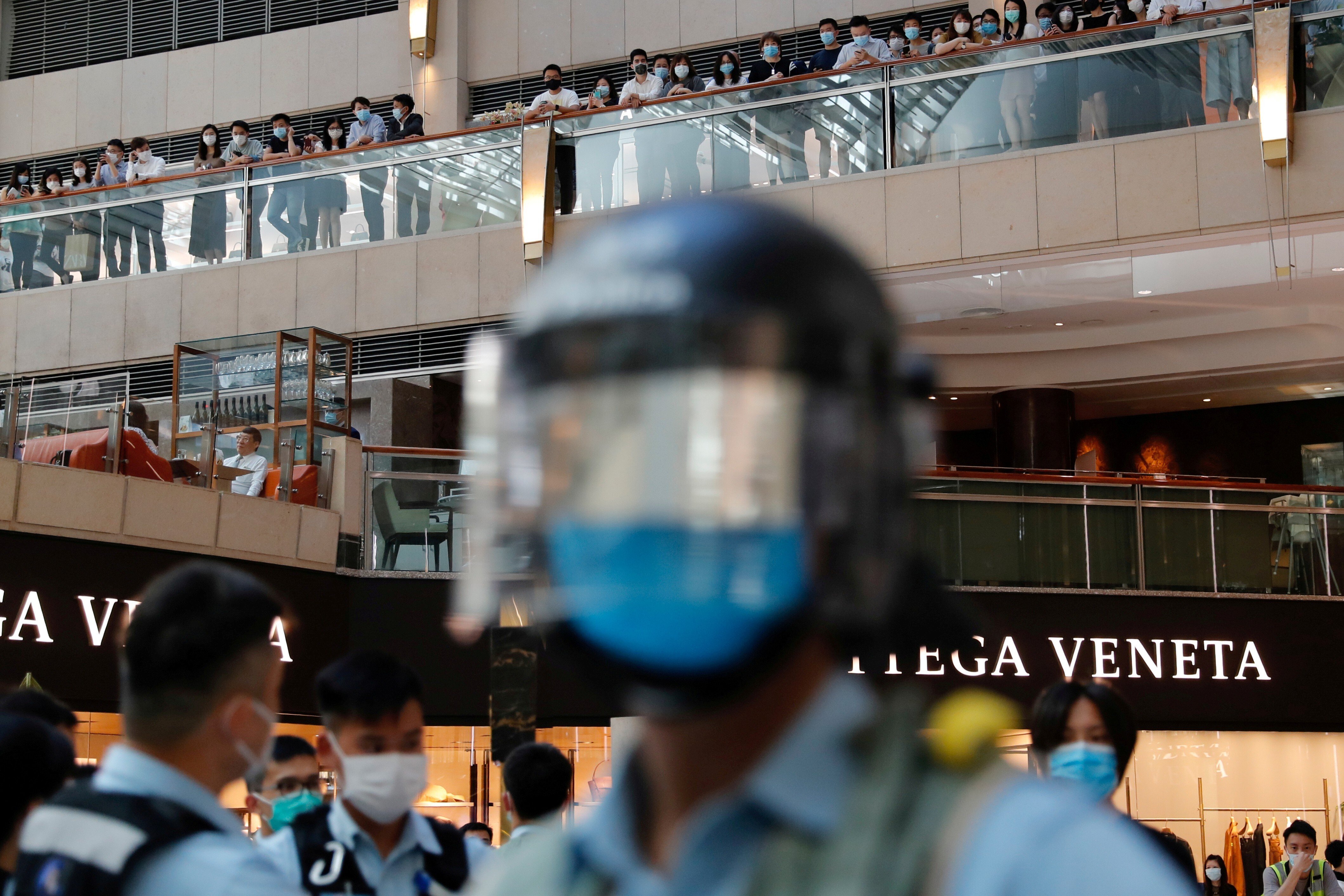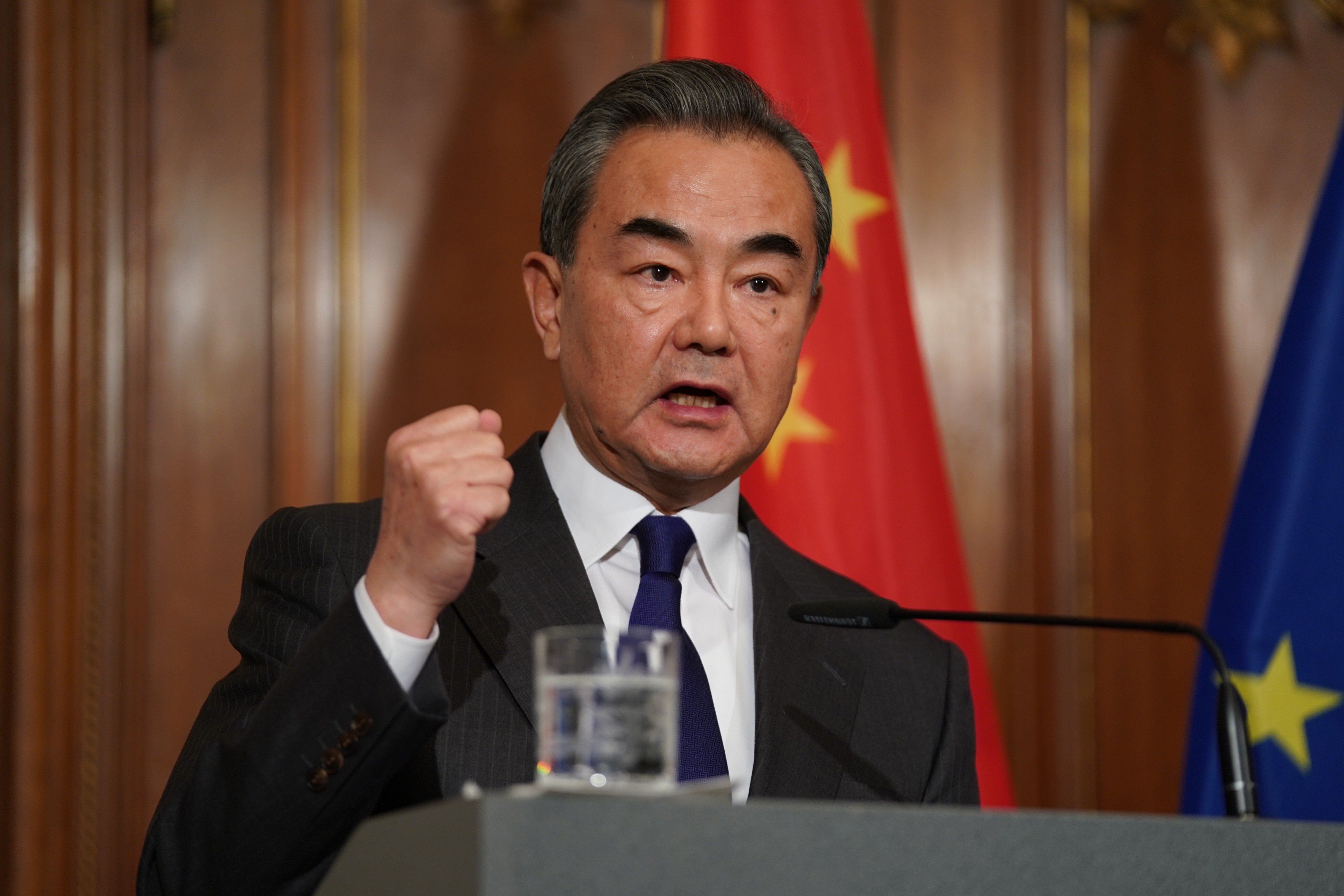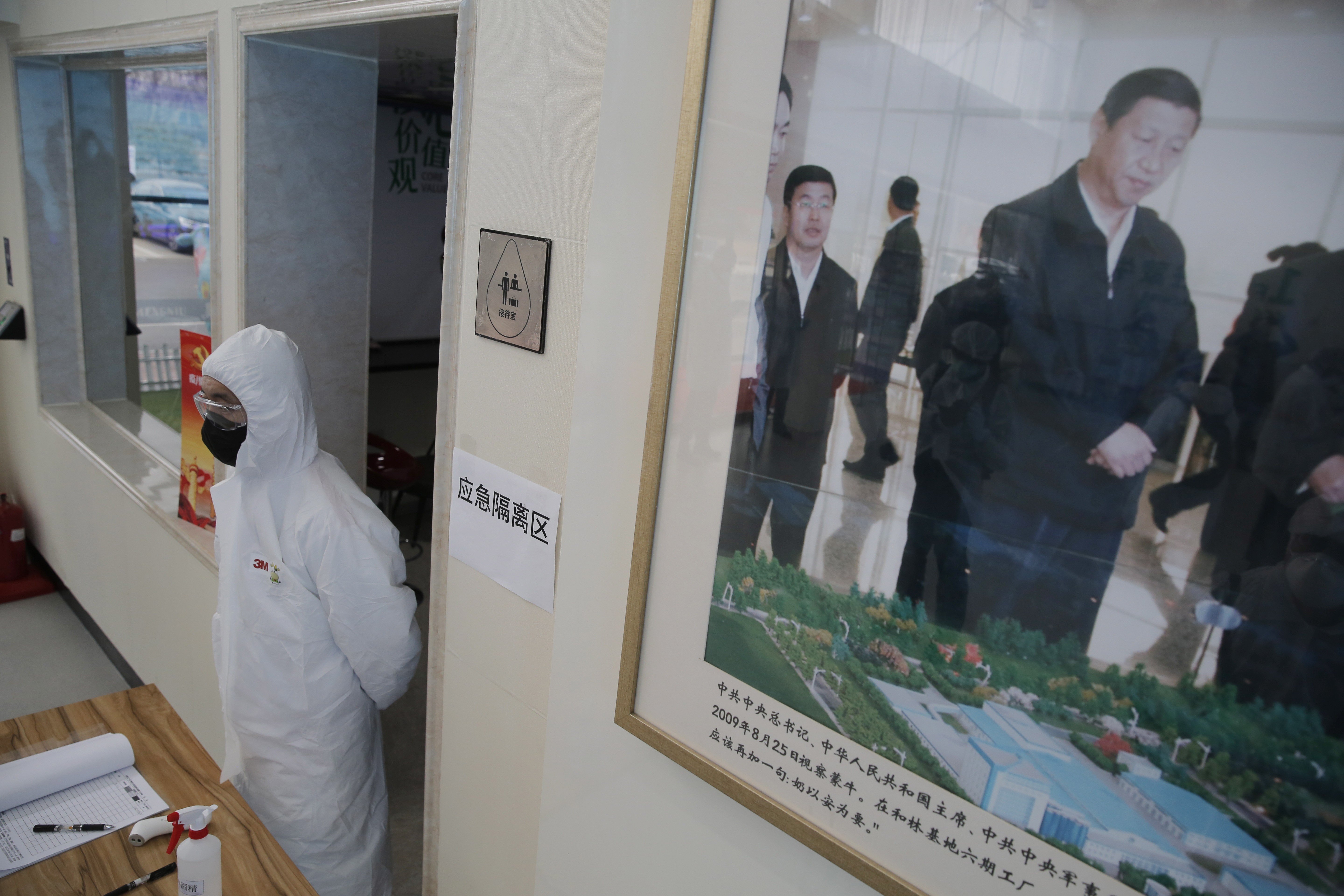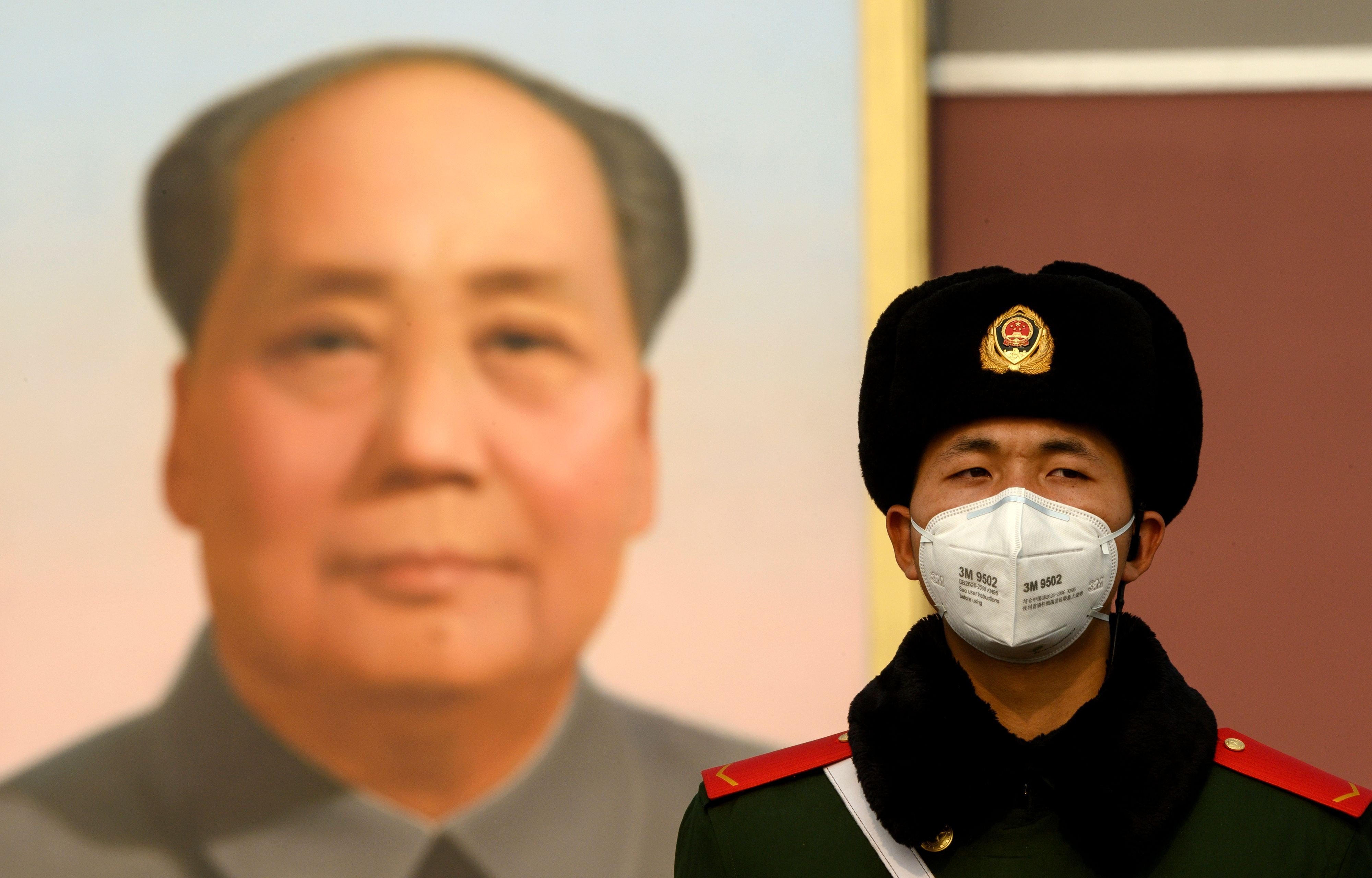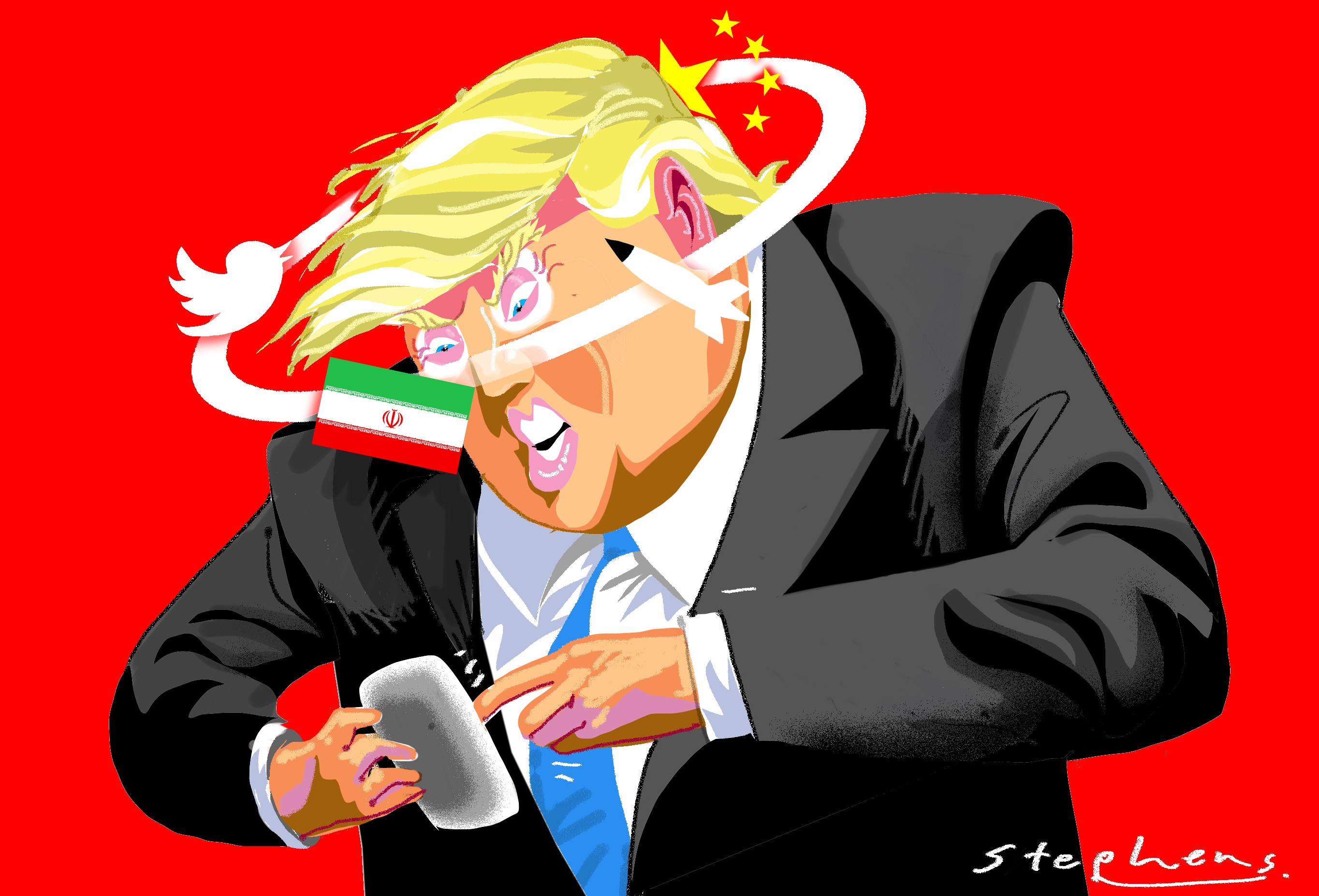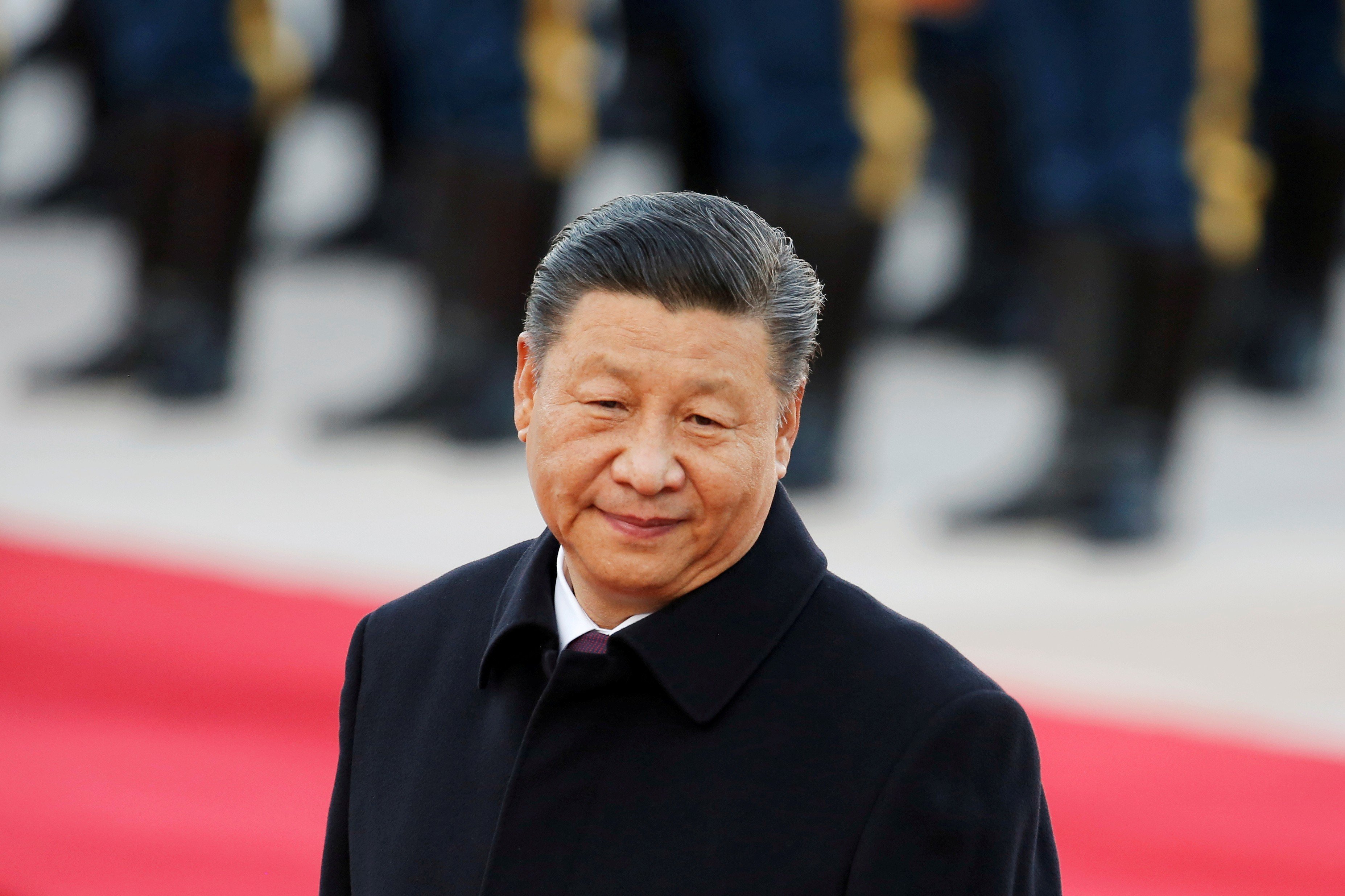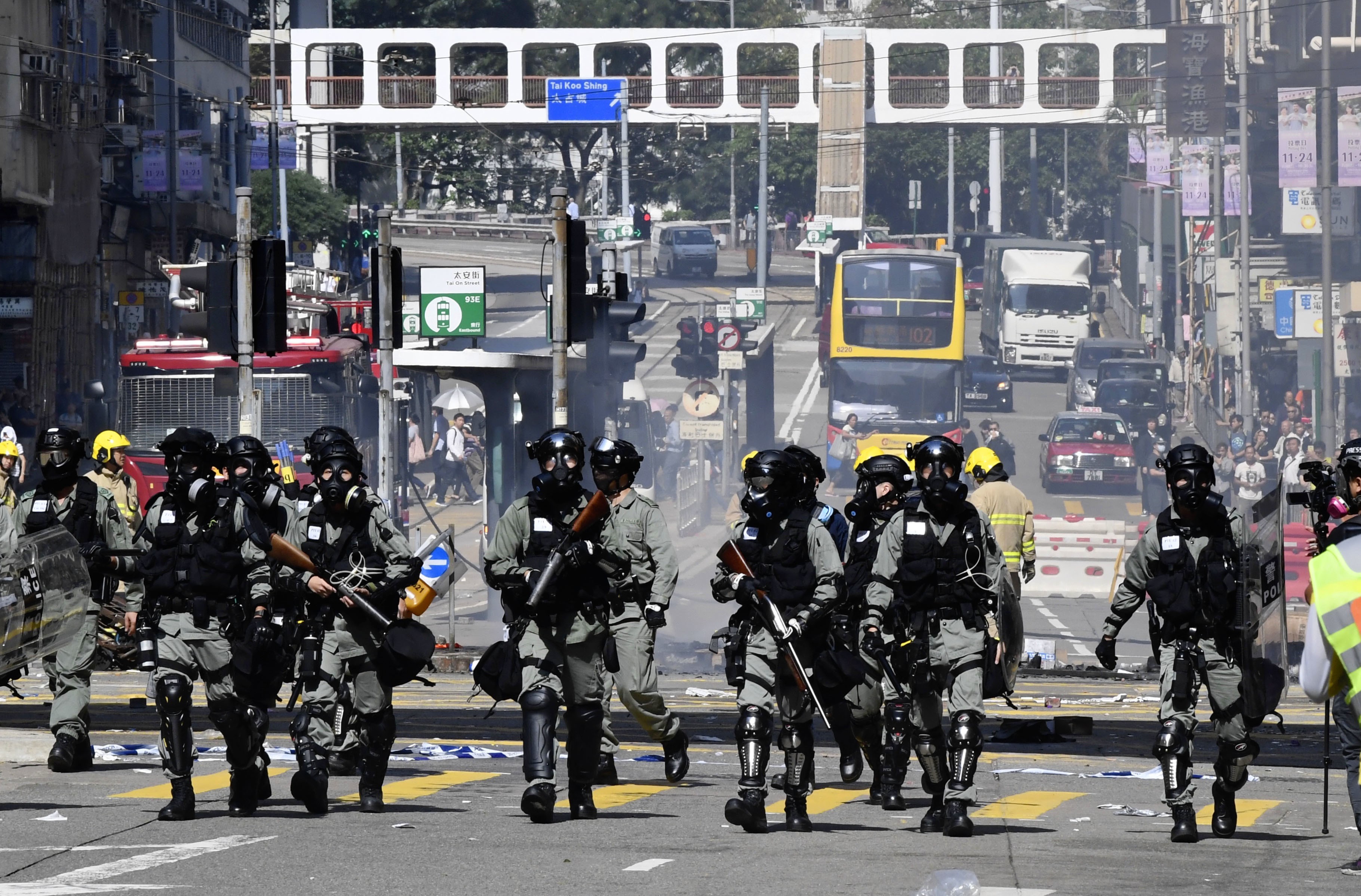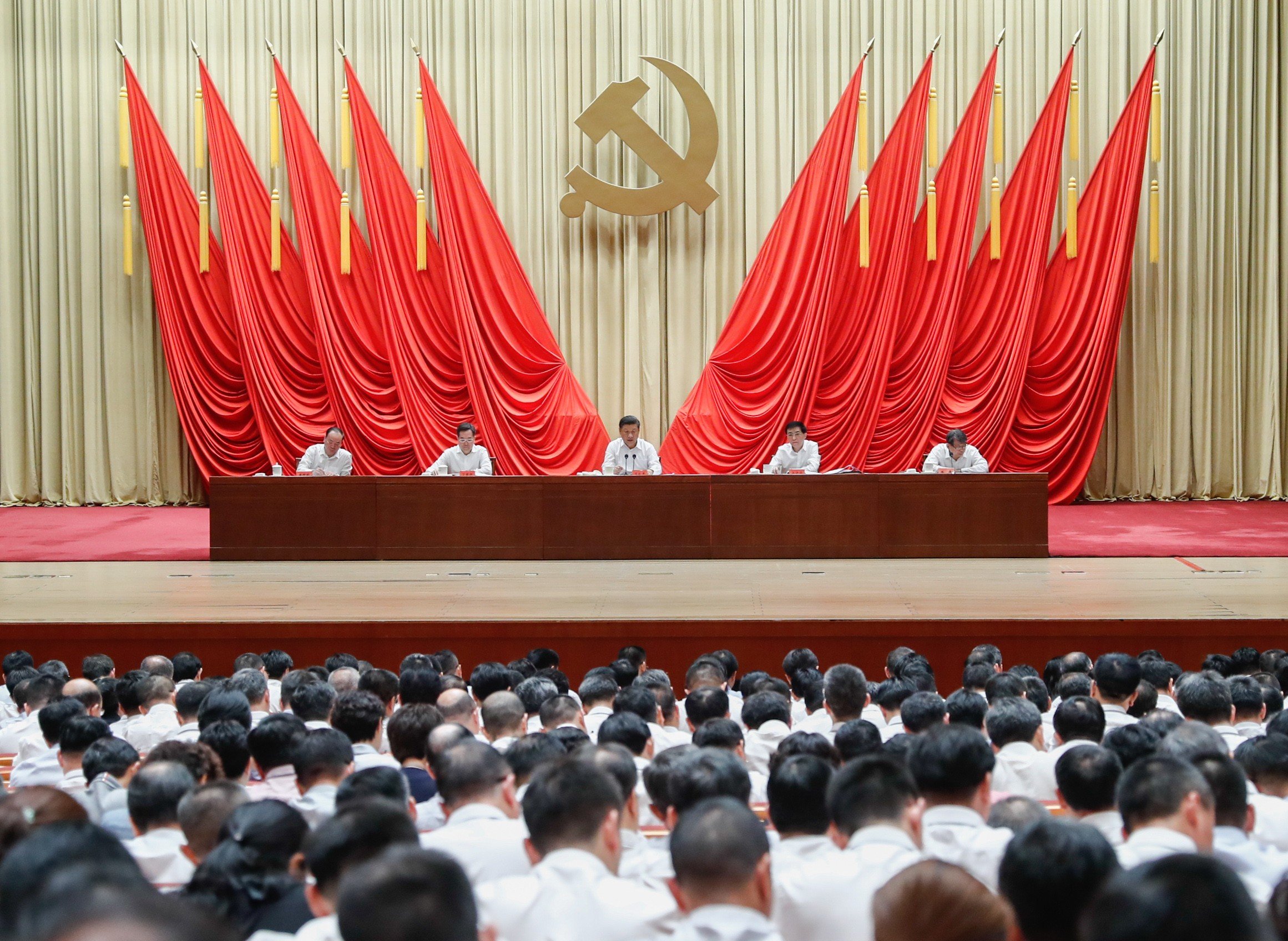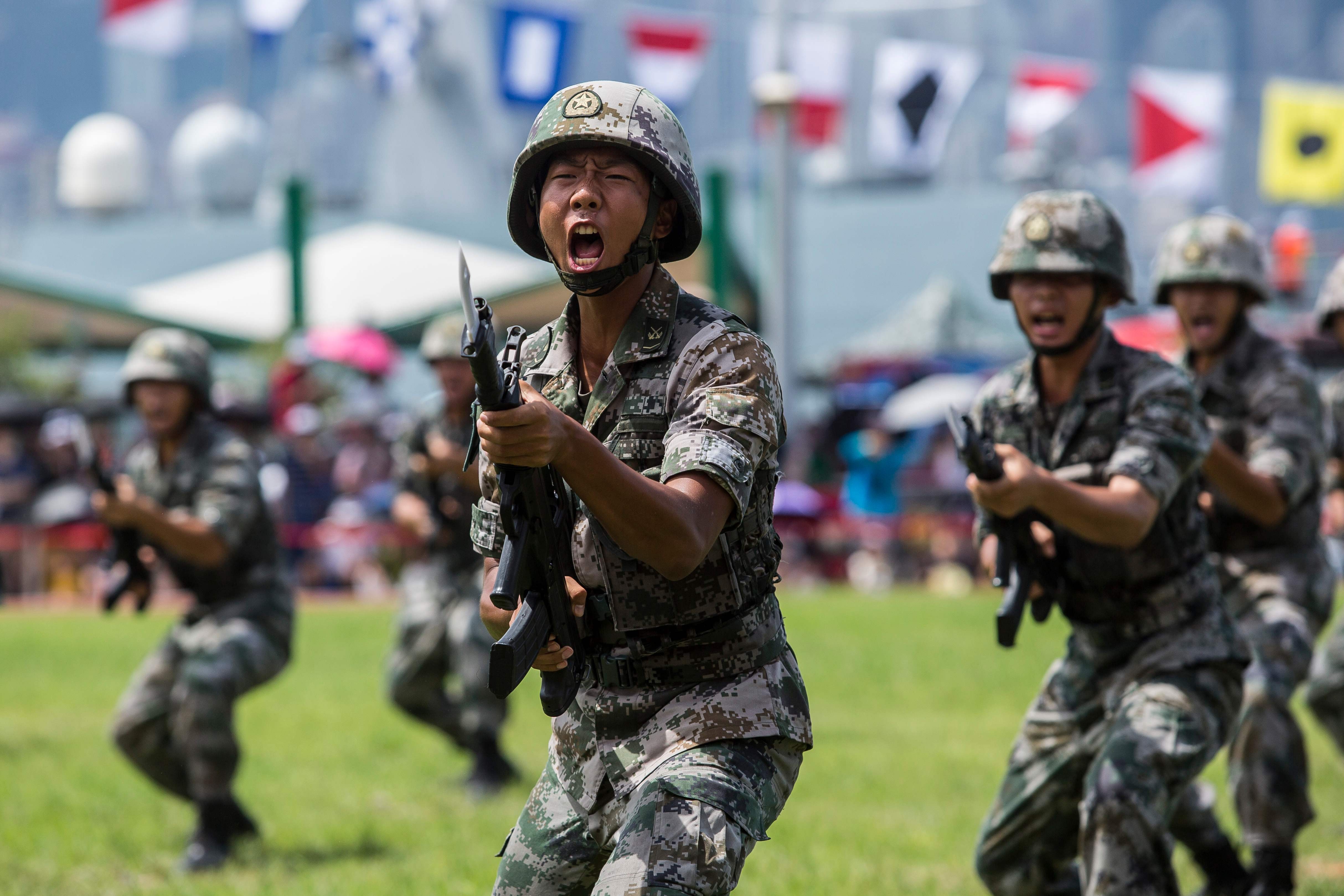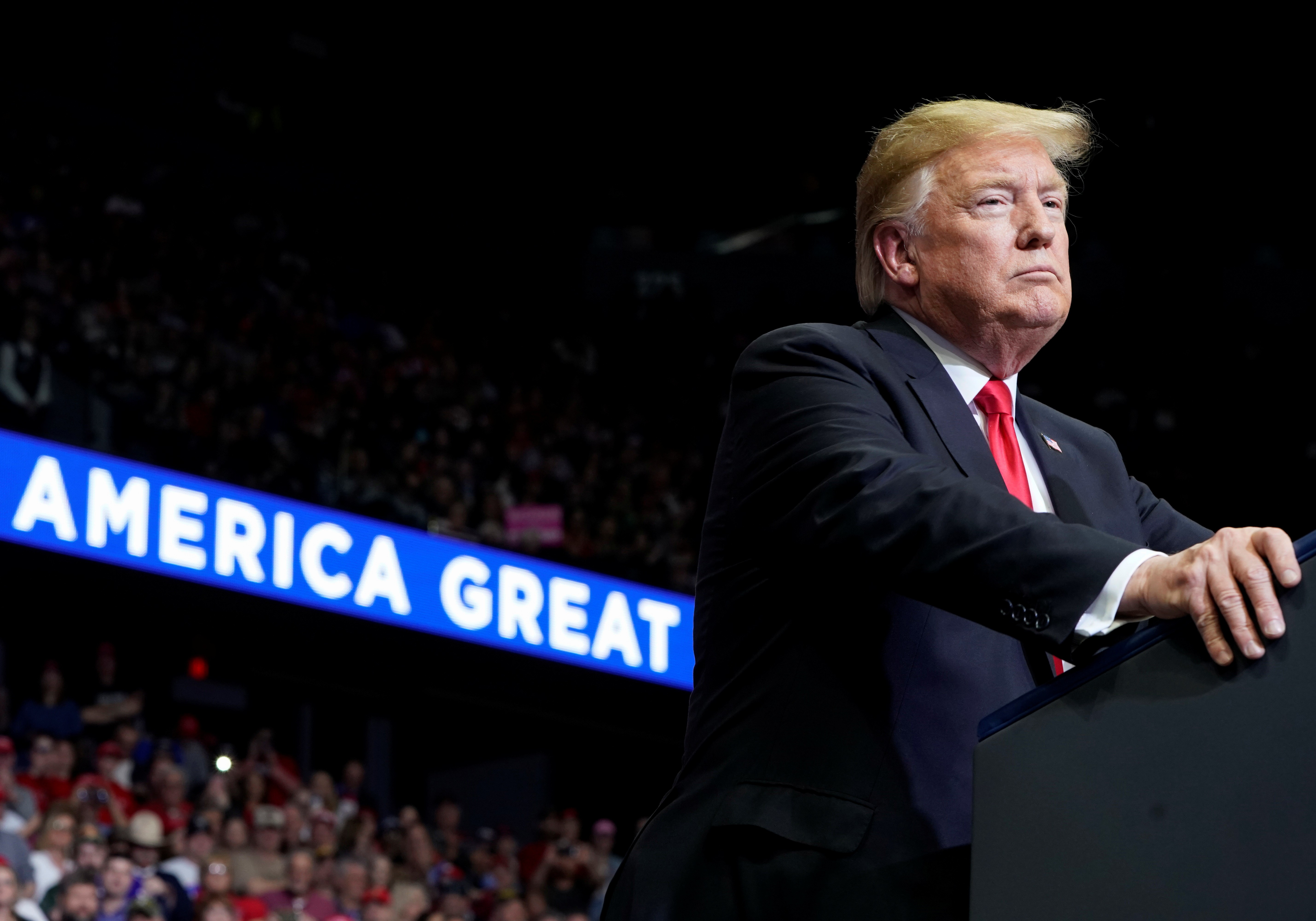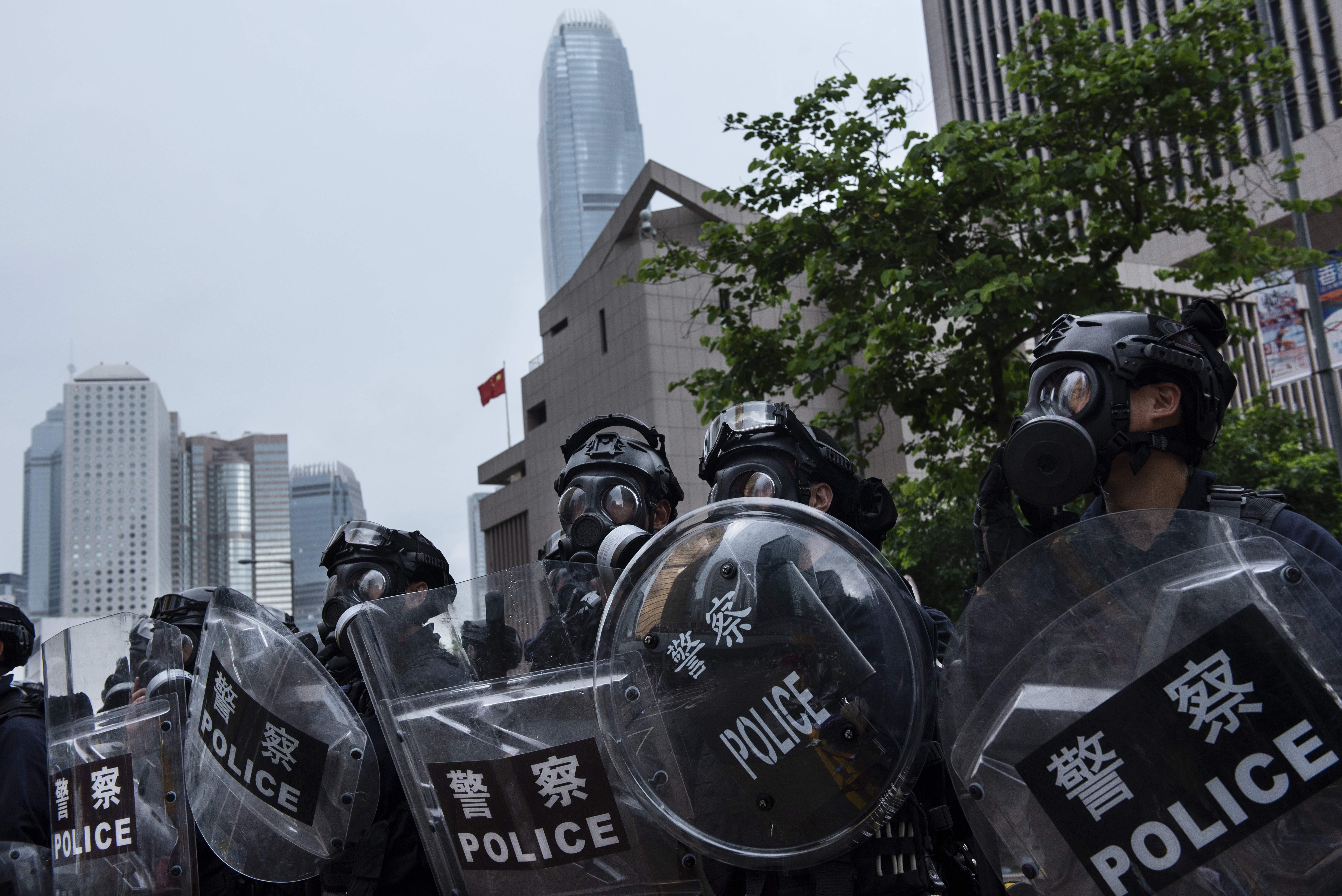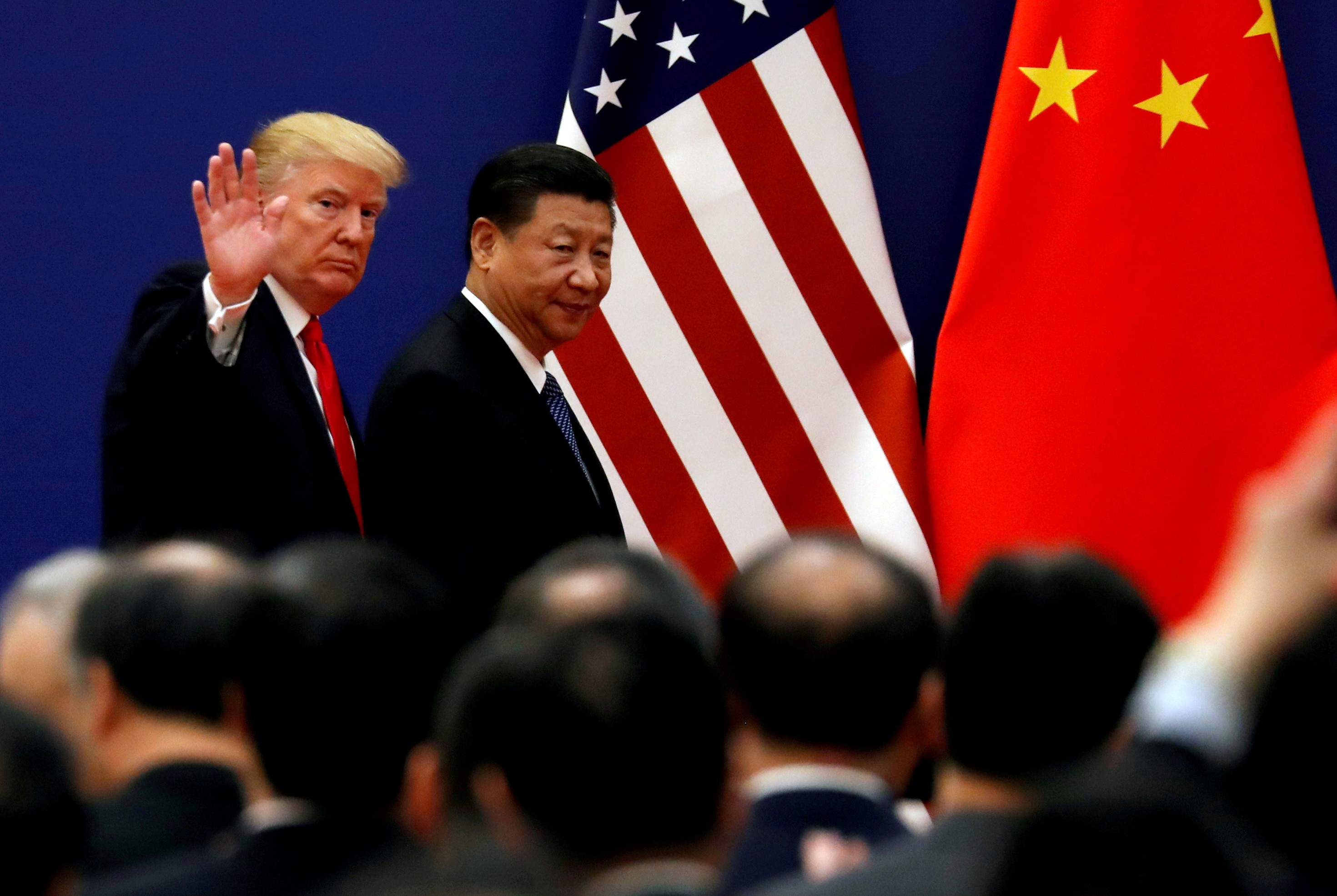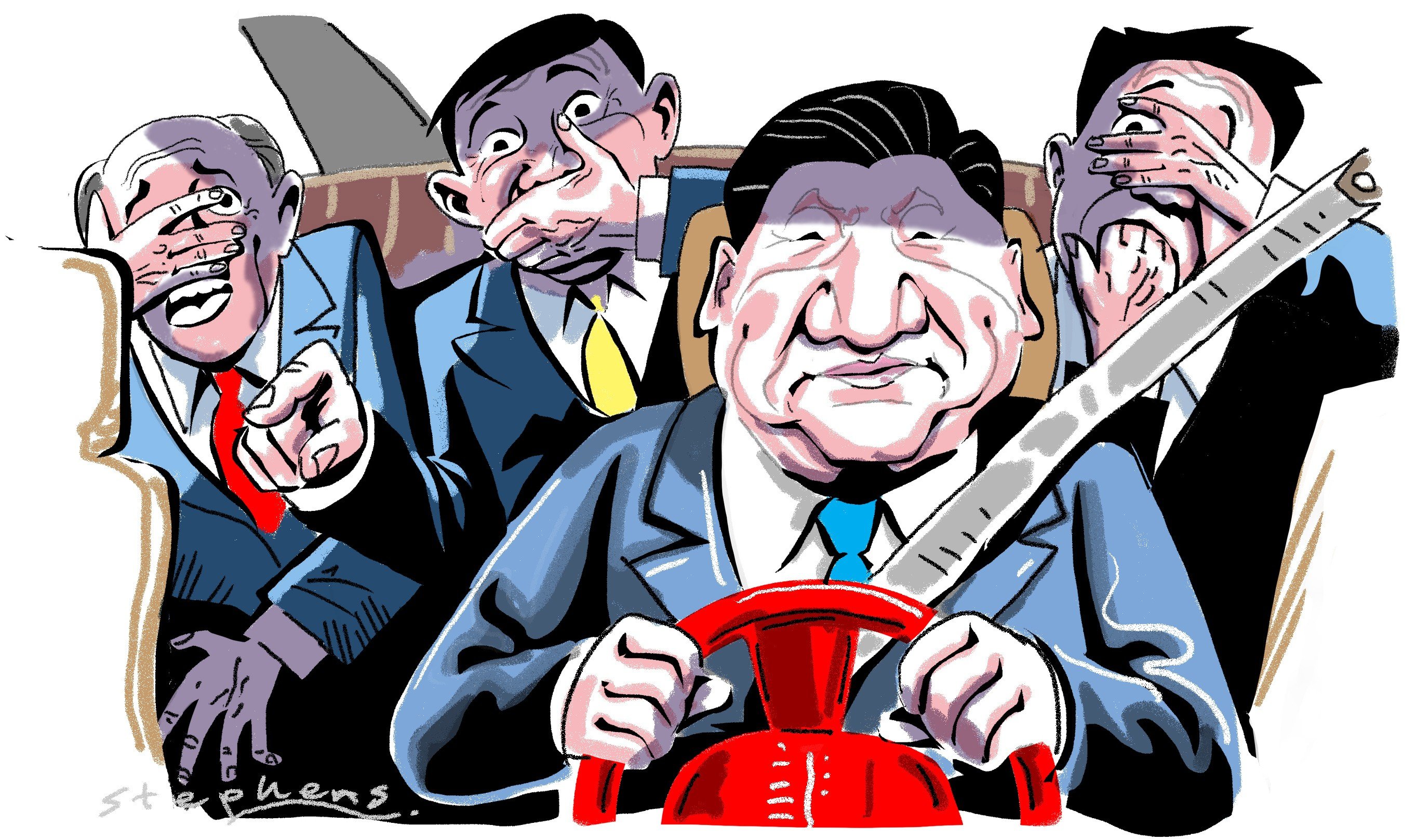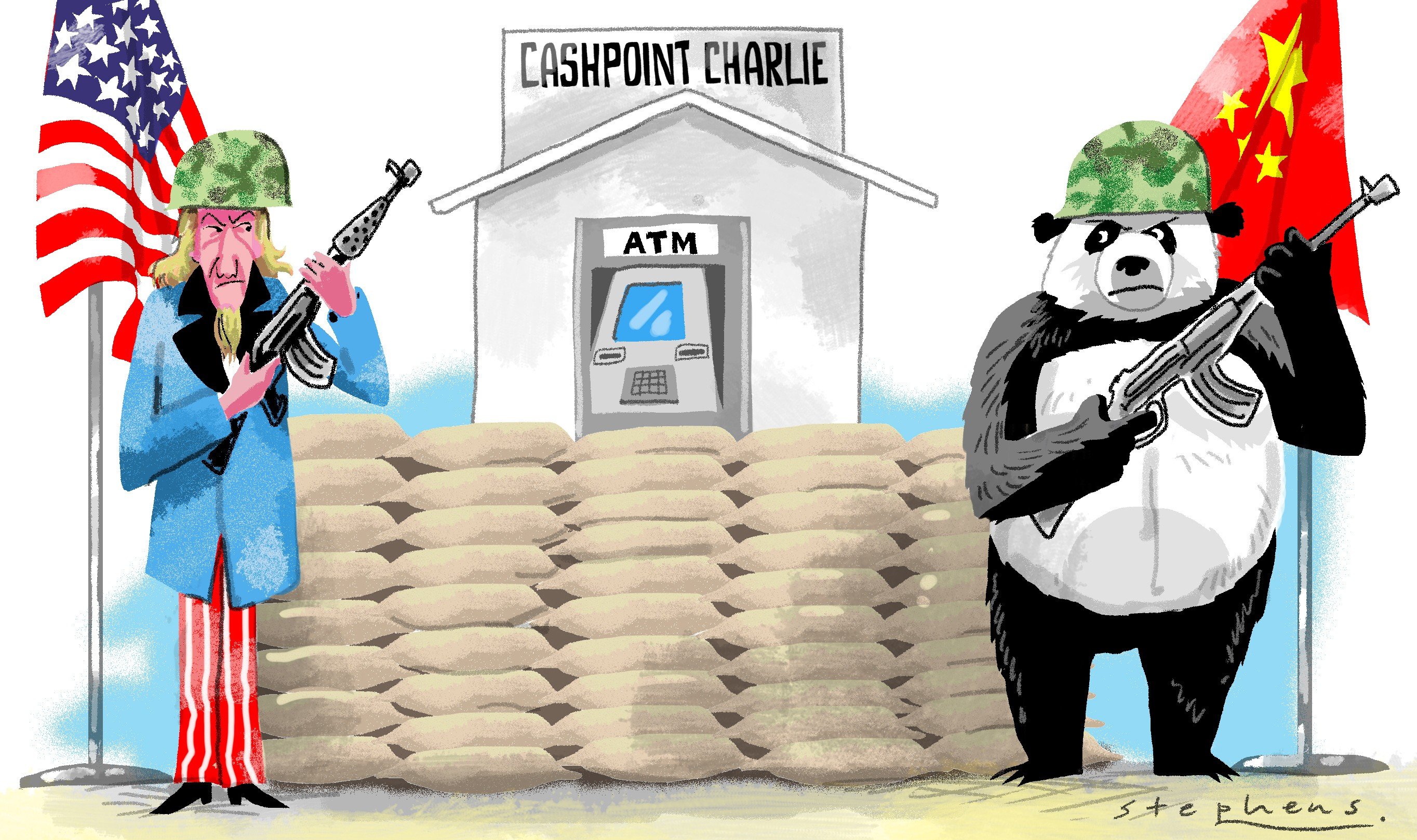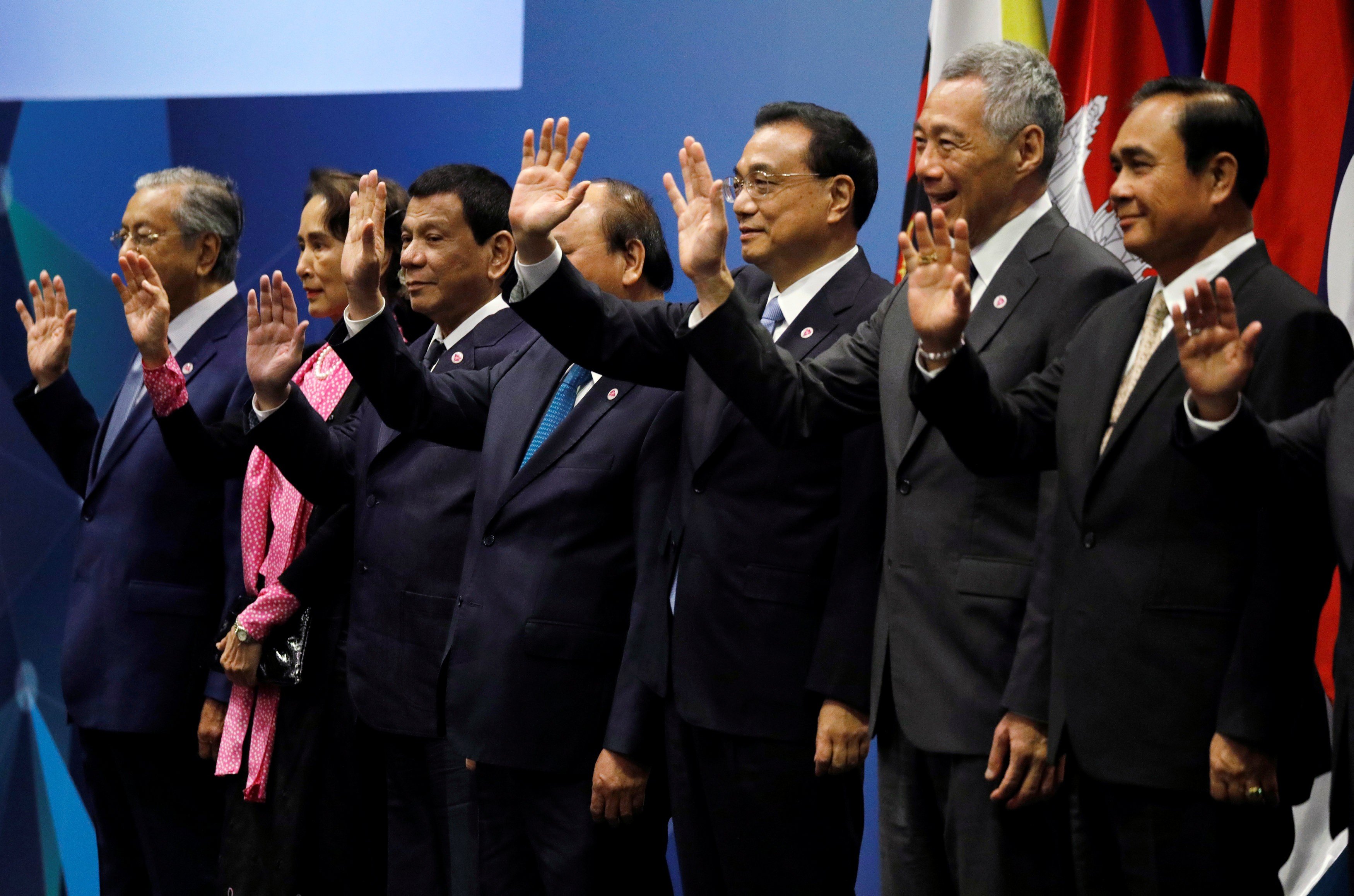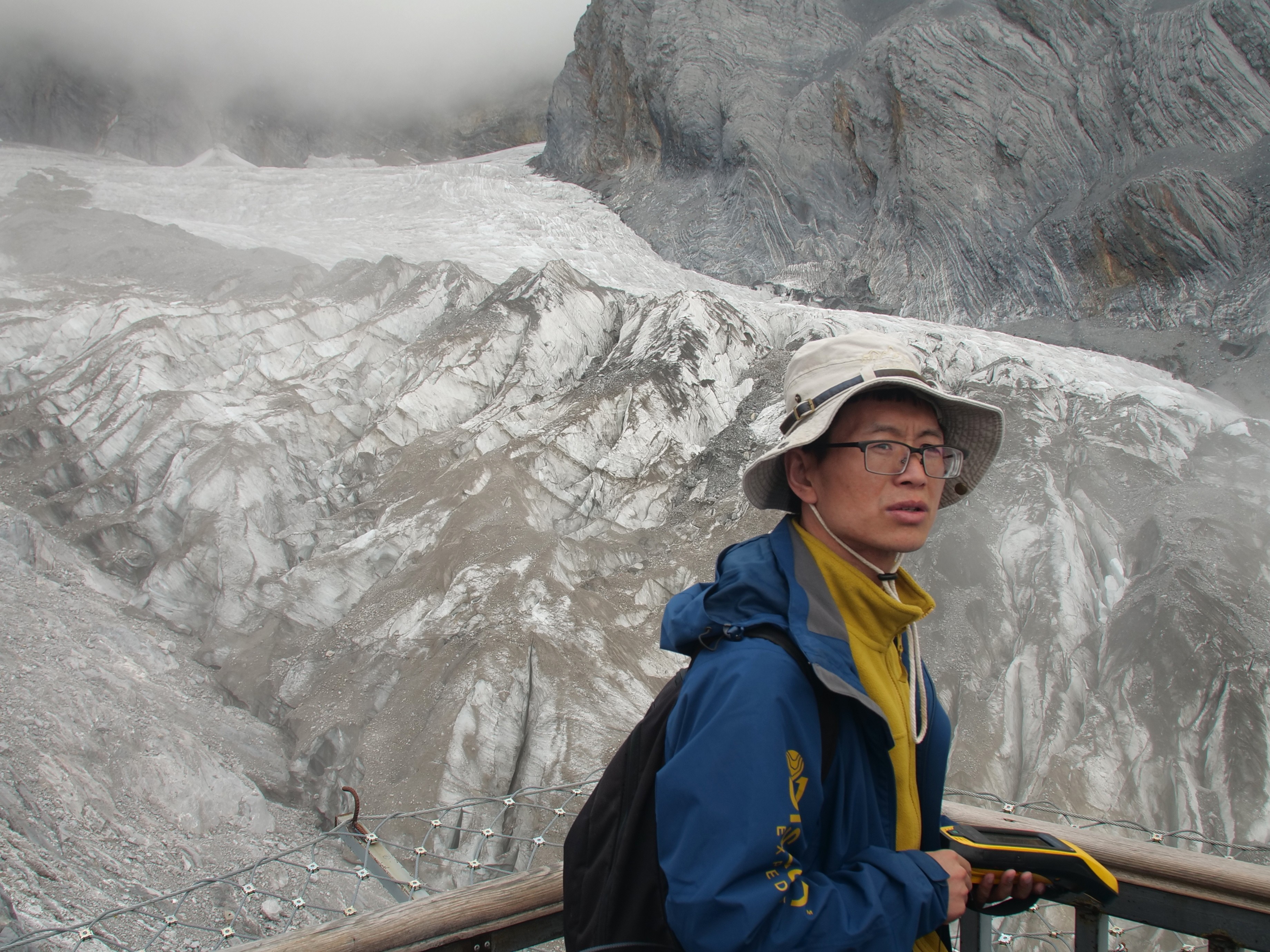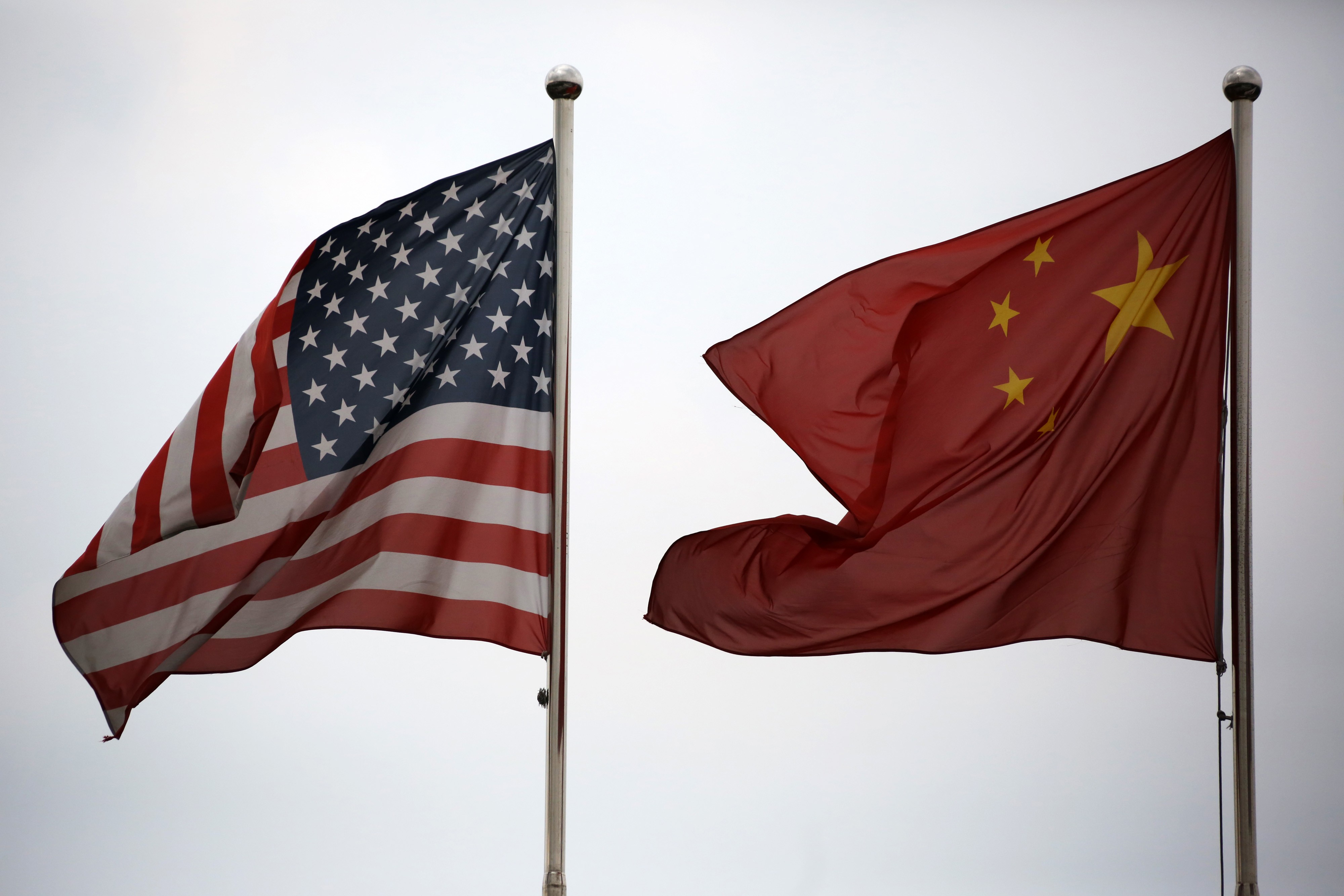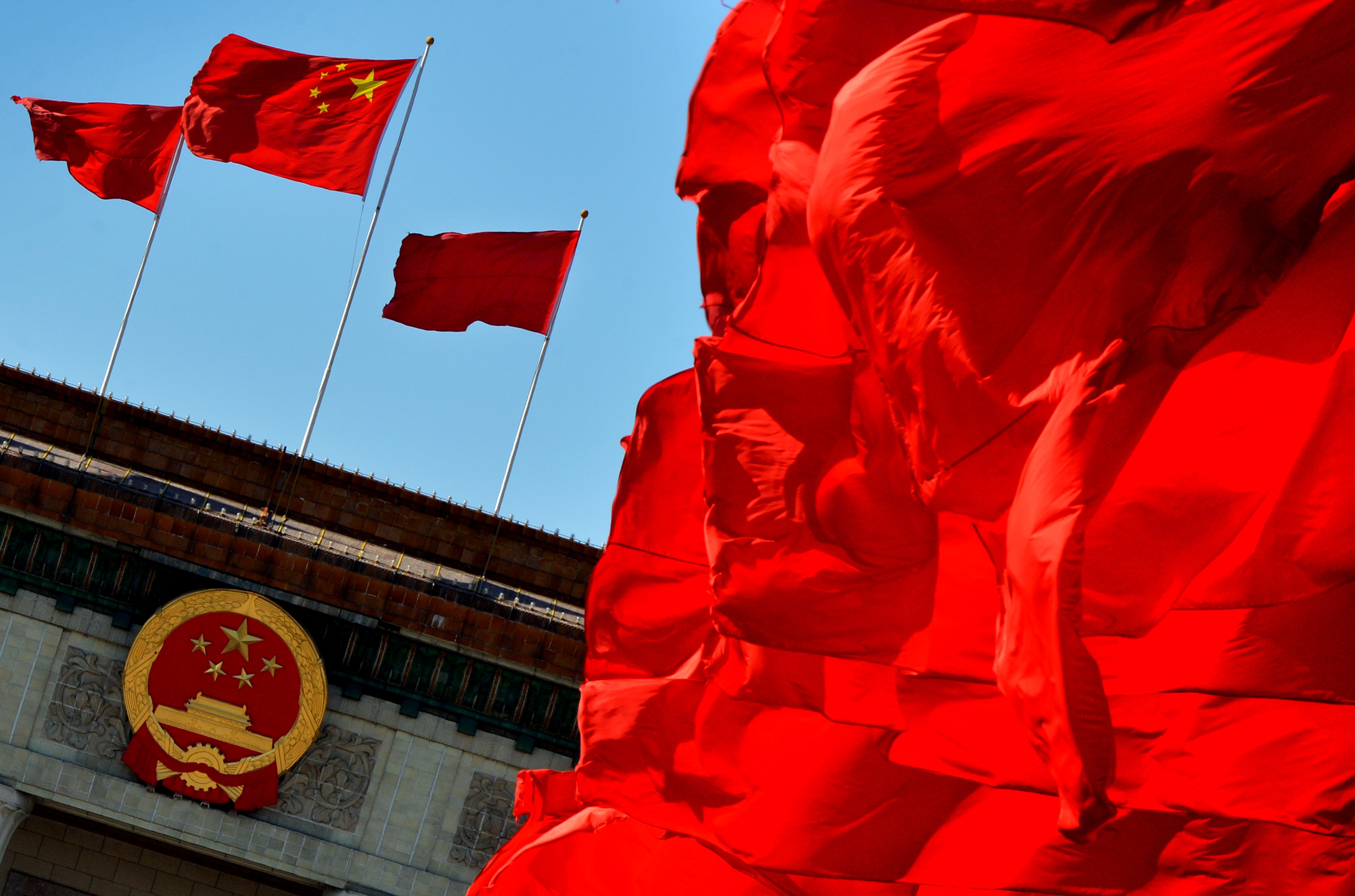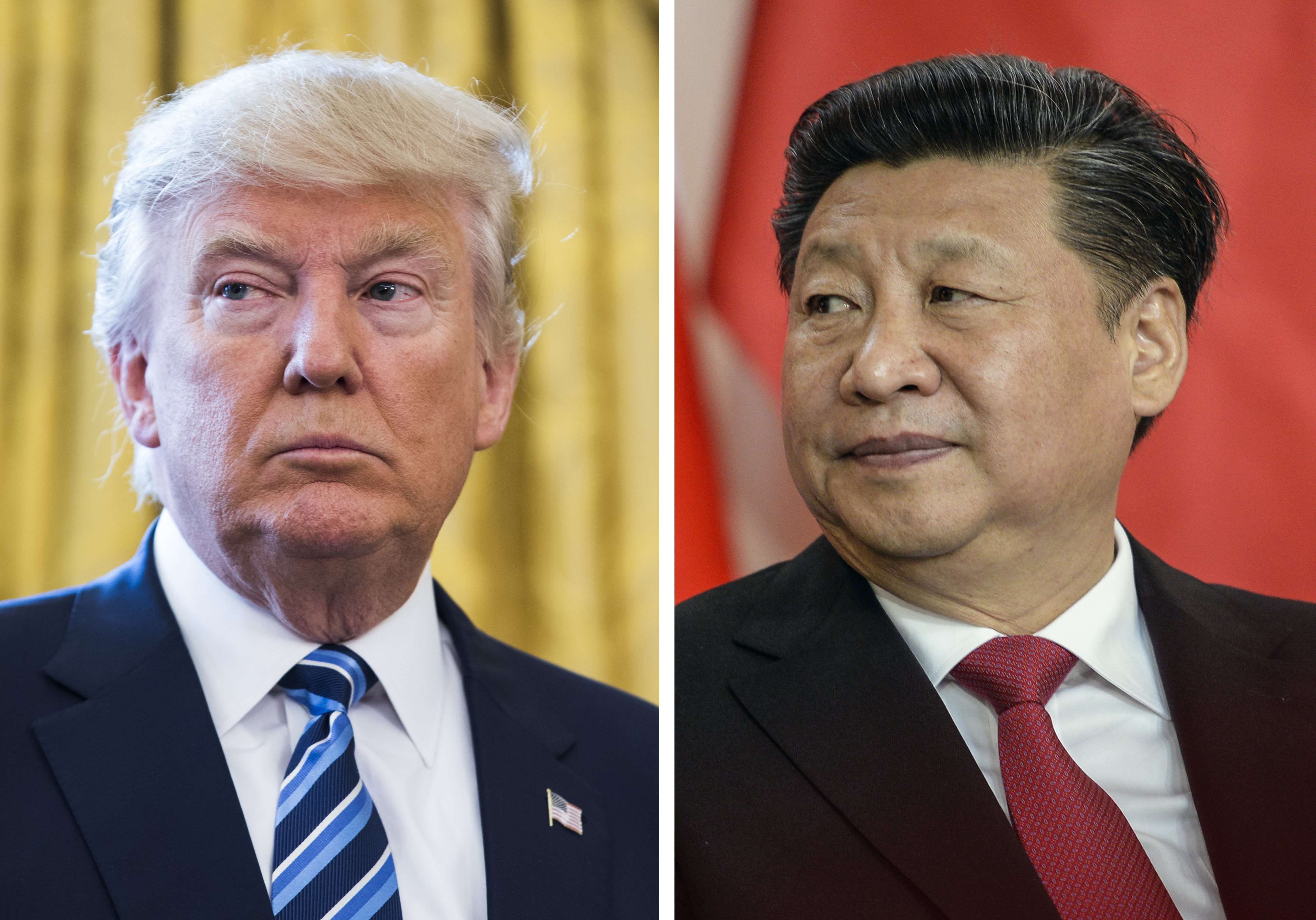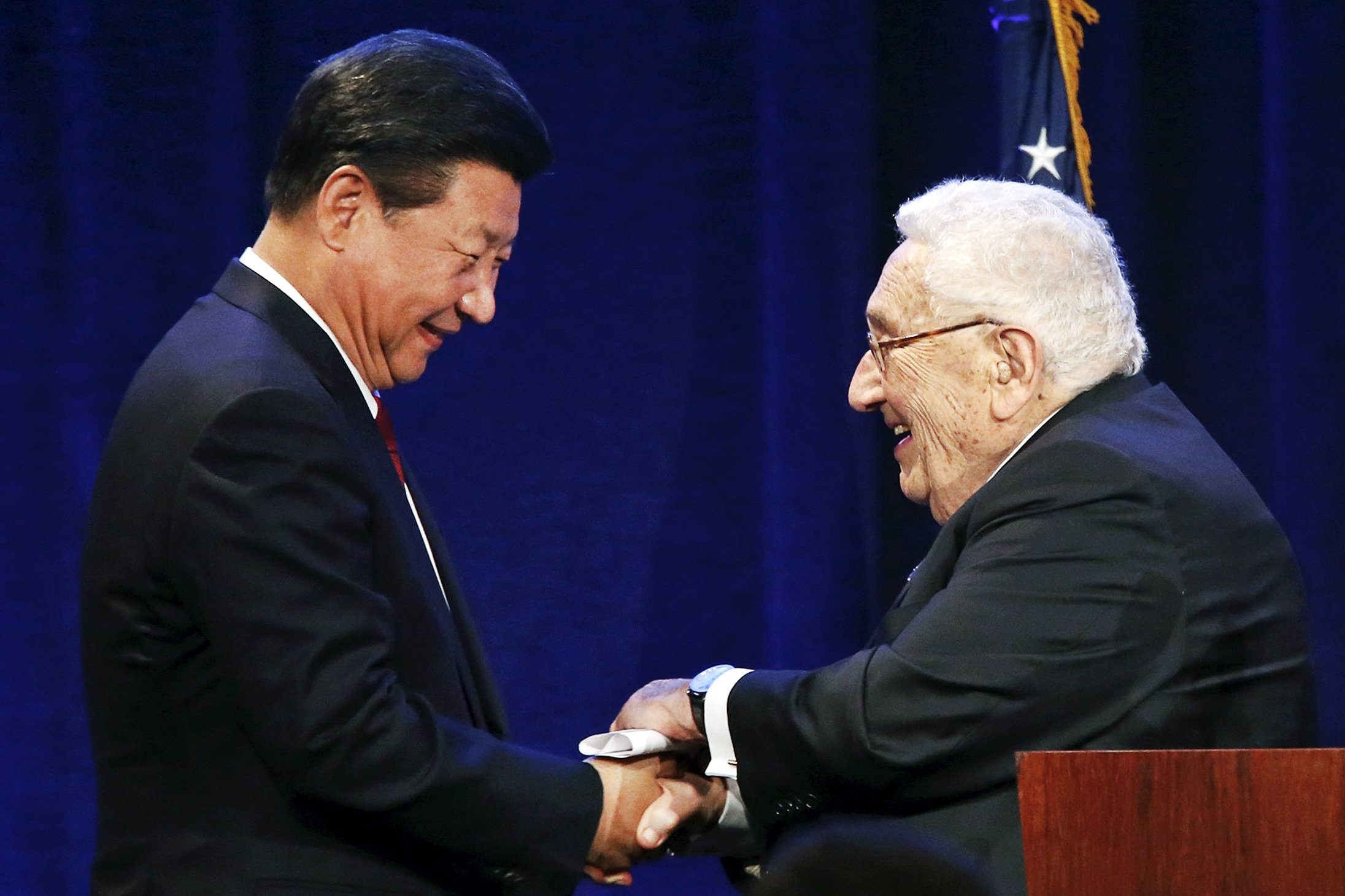
Critics in Washington who blame the US policy of engagement with China for aiding the rise of a geopolitical threat have conveniently forgotten the many economic and geopolitical benefits the US itself gained in its wake.
A Russian invasion would benefit China but supporting that position would attract an EU backlash, win Taiwan support and leave Beijing with no wiggle room should Putin back down.
Competition with China will demand greater strategic discipline from the US, creating openings for the likes of Russia and Iran to exploit. At the same time, shifting US priorities could also force some states to start fending for themselves.
Besides the difficulty of insulating potential areas of collaboration, it is unclear what and how much climate cooperation the two can deliver. As a result, bilateral progress will be volatile, modest and incremental at best.
Trump’s incompetent management of the pandemic has made America an object of pity around the world. If he follows through on his threats to defy the will of US voters, the appeal of US democracy would be eviscerated – to Beijing’s delight.
Japan’s new prime minister will find it difficult to avoid taking sides in the intensifying US-China conflict. The competing interests illustrate the plight of a country squeezed between two duelling geopolitical giants and the scale of Suga’s diplomatic challenge.
Instead of advancing US objectives by promoting American values, the Trump administration is playing into the hands of Beijing. The US will miss out on contributions from Chinese students and China will benefit from the reverse brain drain.
Communist Party leaders have overplayed their hand by tightening control over Hong Kong with a national security law. Trump and his senior advisers not only believe in the law of the jungle, but are also unafraid to wield raw power against their foes.
At a time when China’s reputation is suffering, its diplomats should be focused on differentiating China’s foreign policy from that of the US president. Yet, the ‘wolf warriors’ are doing just the opposite.
The party’s initial mishandling of the outbreak has eroded support among China’s urban middle class. The brief but intense eruption of public criticism is a taste of how such missteps can threaten the social contract on which the party’s legitimacy is built.
The Chinese government’s early response to the coronavirus outbreak was to tightly control information, hampering containment efforts. Unfortunately, it is unlikely that the next time will be better.
China grew into an economic giant with the US fixated on fighting al-Qaeda. It’s a lesson Trump doesn’t seem to have learned – despite designating China a strategic adversary, the killing of Soleimani threatens to pitch the US into another Middle East conflict.
The trade war took a toll on the Chinese economy, Hong Kong revolted and the world stepped up scrutiny of Xinjiang. One-man rule and fear of Xi aggravated each of these situations, and may set China up for worse in the year to come.
Beijing vows to change Hong Kong’s political appointment process, pass national security laws and push patriotism in education – ideas that Hongkongers have resisted with protests. Shutting down the city would sever China’s access to global financial services, bring on sanctions and spark countries to join the US’ effort to contain China.
By picking a fight with the NBA, China may have squandered its best example of sports diplomacy with the US. Its bullying behaviour also risks turning more friends into enemies when the US is seeking to contain it.
After nearly 70 years in power, China’s one-party regime is approaching the longevity frontier for dictatorship amid an economic slowdown and tensions with the US. A crackdown on opponents and an emphasis on nationalism may boost support, but only in the short term.
Hongkongers would almost certainly treat Chinese government forces as invaders, and resistance would be fierce and casualties unavoidable. An exodus of expats and elites would follow, and the Hong Kong economy would almost immediately collapse.
More Americans are concerned about the impact of China’s economic might on their livelihoods than its military strength. However, Trump seems bent on a geopolitical struggle, a shift in policy that calls for debate.
The US-Hong Kong Policy Act has teeth to deter China from violating its commitment to ‘one country, two systems’ in Hong Kong. Beijing needs to remember Hong Kong’s value as a financial centre, especially as the trade war drags on.
Instead of appealing to the dangerous notion of a race war, the Trump administration should focus on China’s threat to global institutions. Allies that may not care to join a fight to safeguard US interests are more likely to do so to defend the liberal order.
The dismissal of an outspoken reformist official reflects a profound change, under Xi, in the way Chinese leaders govern: from a collective decision-making process in which disagreements and debate were allowed, to a centralised leadership style in which loyalty and conformity are prized.
The Trump administration’s America-first agenda is not compatible with its new cold war, which requires allies to forgo Chinese technology at their own expense.
The decoupling of the American and Chinese economies would not only have grave economic consequences globally, but also unleash unfettered US-China rivalry. Beijing needs to make strategic, not simply trade-related, concessions to avoid this.
Instead of reacting with suspicion to anything connected with China, Western democracies should focus on the strength of their own democratic processes, such as transparency.
As geopolitical tensions with the US rise and China seeks friends in the neighbourhood, concessions in the South China Sea will go further than trade deals and sweet talk.
A global effort is essential to prevent catastrophic changes in the climate, which can’t happen if China and the US form competing orders
Beijing is on track to lose its new cold war with the US, as it is failing to recognise and rectify the two mistakes that proved fatal for the Soviet Union: economic mismanagement and imperial overreach.

